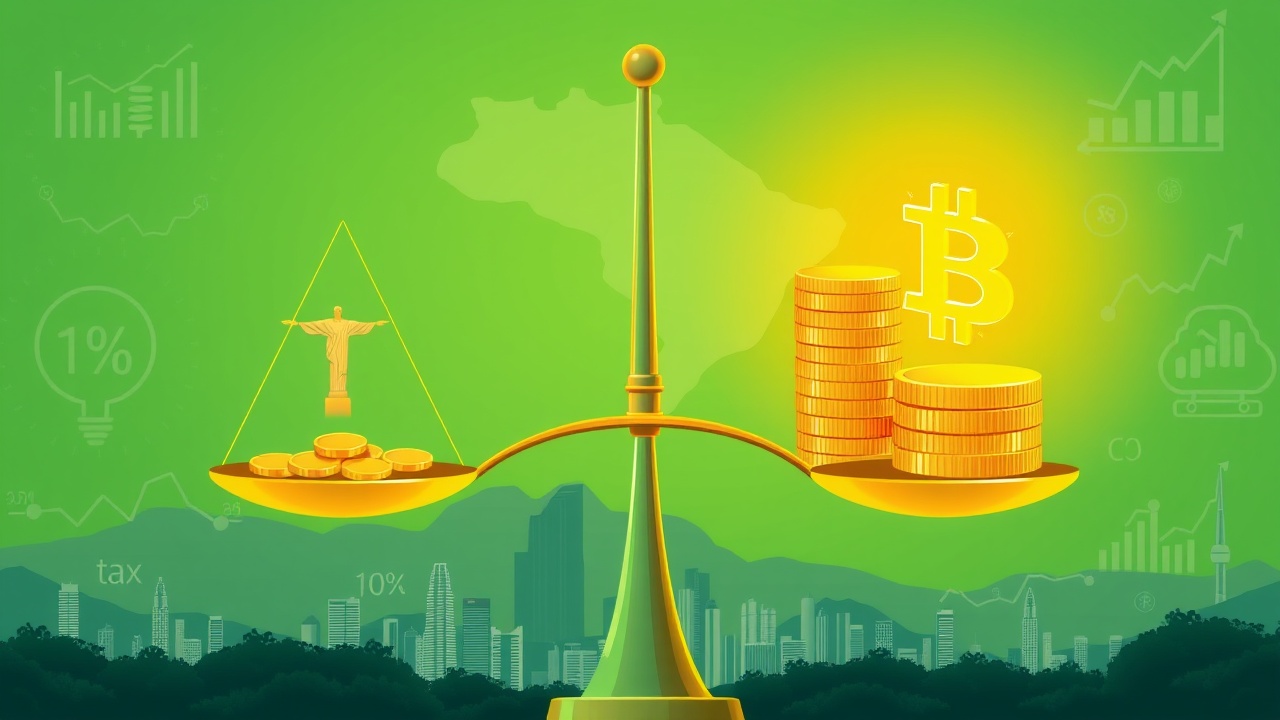Overview of the Proposed Tax on Cryptocurrency
In the midst of national discussions surrounding a contentious executive order aimed at increasing taxes on financial transactions, Brazil may turn its attention to taxing cryptocurrency trades as a means to alleviate the financial burden on its citizens. The new tax structure comes on the heels of a May 22 announcement by the Brazilian government, which proposed an uptick in the IOF (tax on financial transactions) that has sparked significant public backlash.
Legislative Responses and Proposals
Within this heated environment, lawmakers are contemplating measures to address the potential negative impact of the tax increase. Some suggest that extending the new tax to include cryptocurrency transactions could be a solution to distribute the tax burden more equitably across a wider population.
Hugo Motta, the president of the Chamber of Deputies, brought this idea to the forefront during a public address made prior to a meeting with key finance leaders, including Finance Minister Fernando Haddad and Senate President Davi Alcolumbre. While Motta expressed strong disapproval of the proposed tax hike, asserting that Brazilian citizens are already feeling strained from rising taxes, he indicated openness to the notion of imposing tax on crypto transactions—though he clarified that this was still merely a suggestion and had yet to be formalized.
Reactions from the Cryptocurrency Sector
The cryptocurrency sector in Brazil has responded with a mix of apprehension and criticism towards this proposal. Legal experts argue that classifying cryptocurrency transactions under the scope of the IOF tax could violate existing regulations.
Vanessa Butalla, who oversees legal and compliance issues at Mercado Bitcoin, argued that this move would be tantamount to applying the IOF tax to investment properties, which is not permissible under current tax guidelines.
Daniel de Paiva Gomes, a partner at Paiva Gomes Advogados, reiterated that any attempt to collect taxes from such executive orders could be deemed unlawful, as changes regarding what constitutes a taxable event require explicit legislative approval from the National Congress. He emphasized that the government’s authority is limited to setting rates and deadlines, without the power to redefine the nature of taxable assets.




